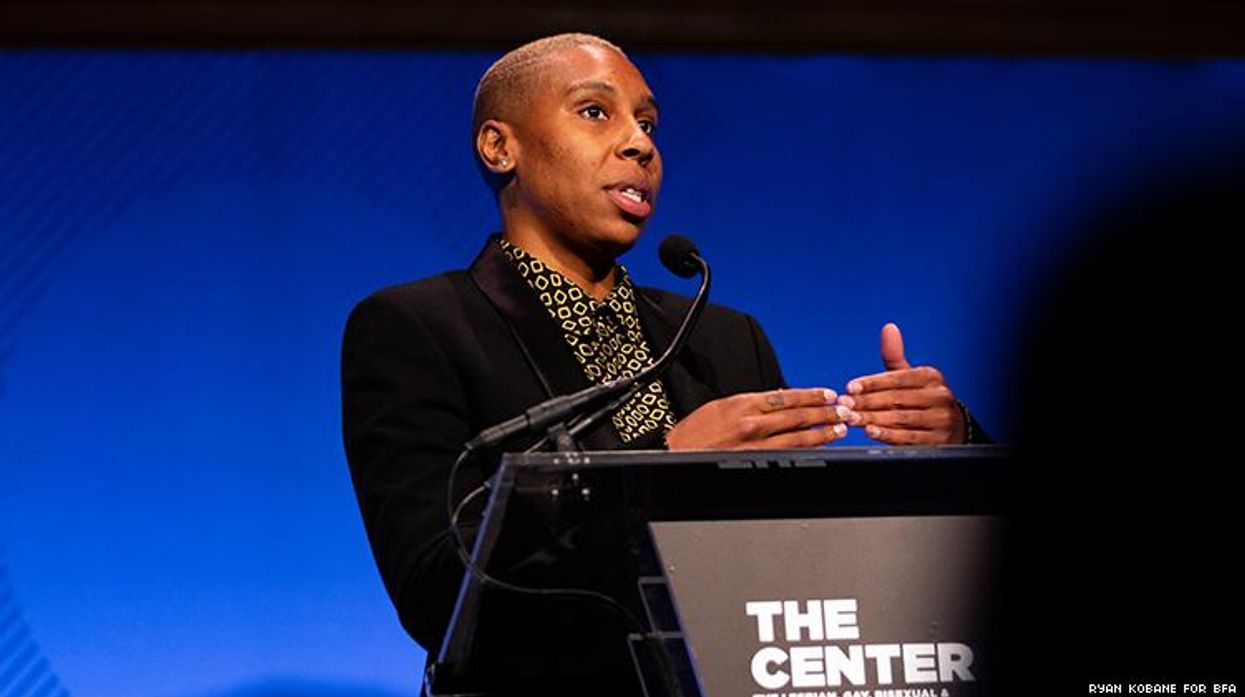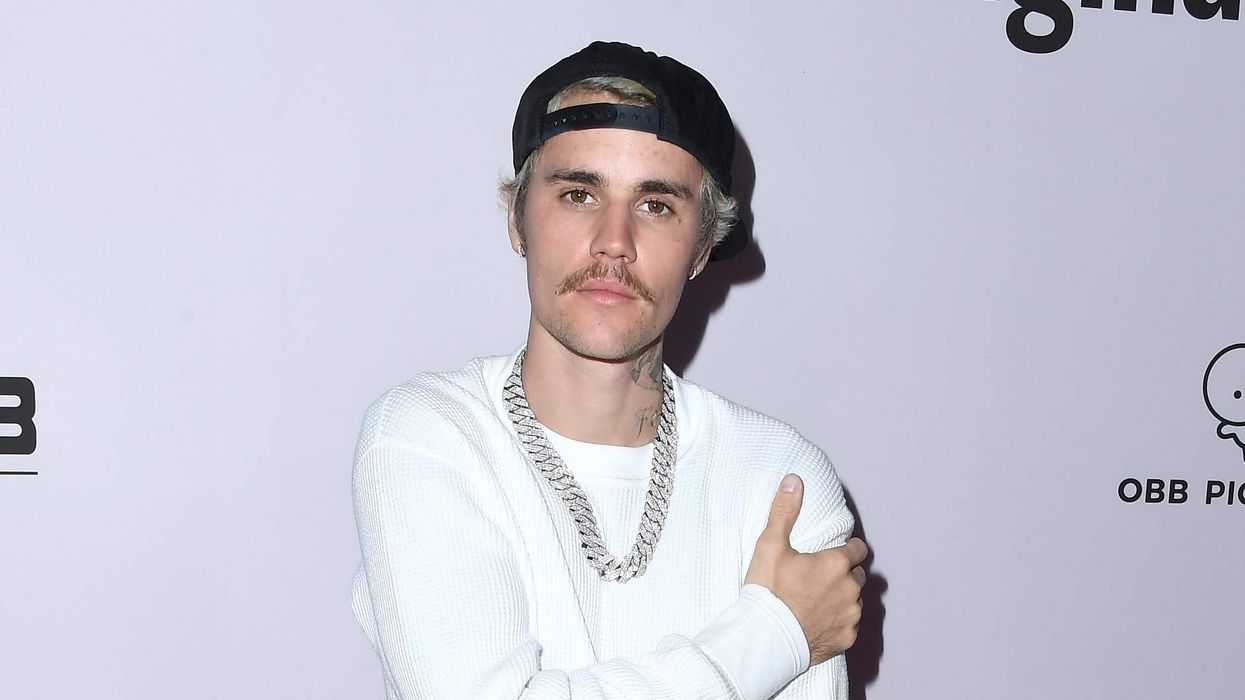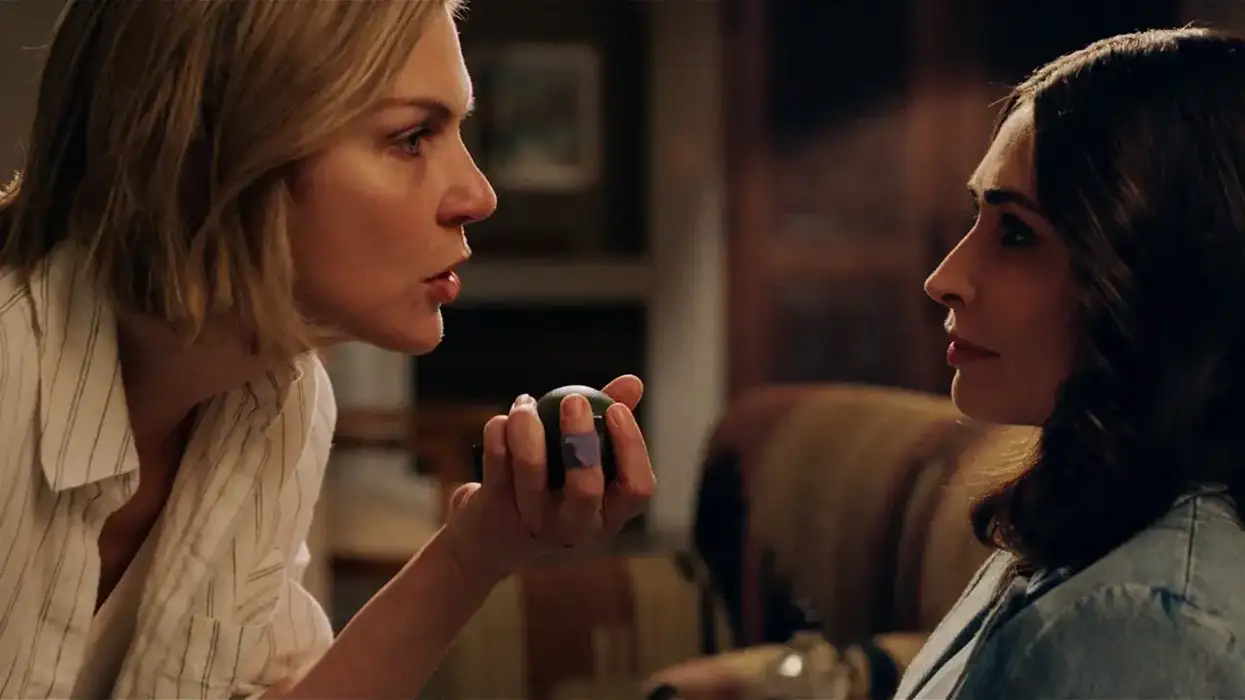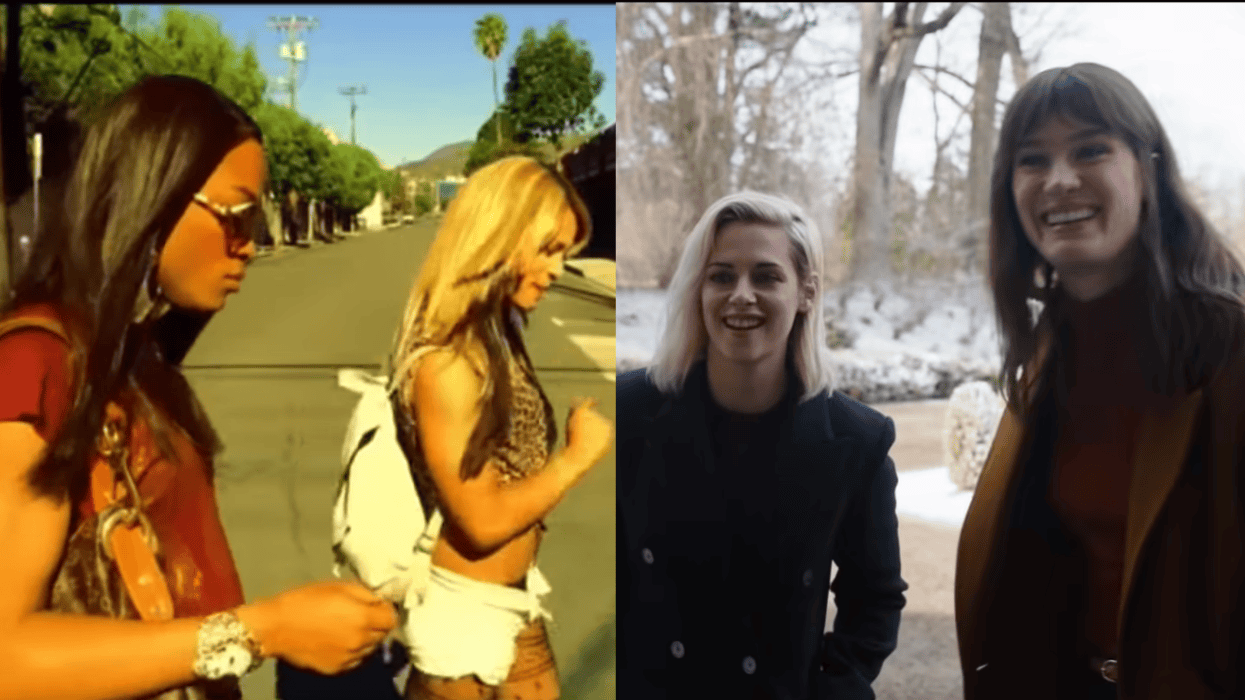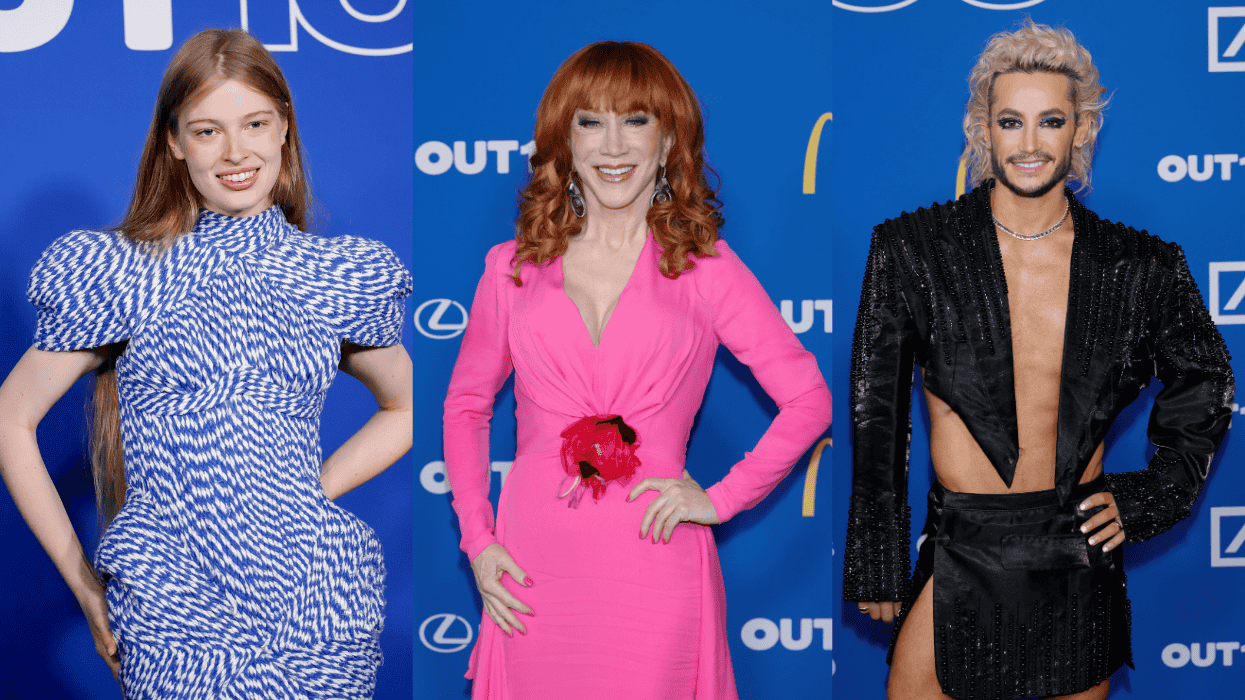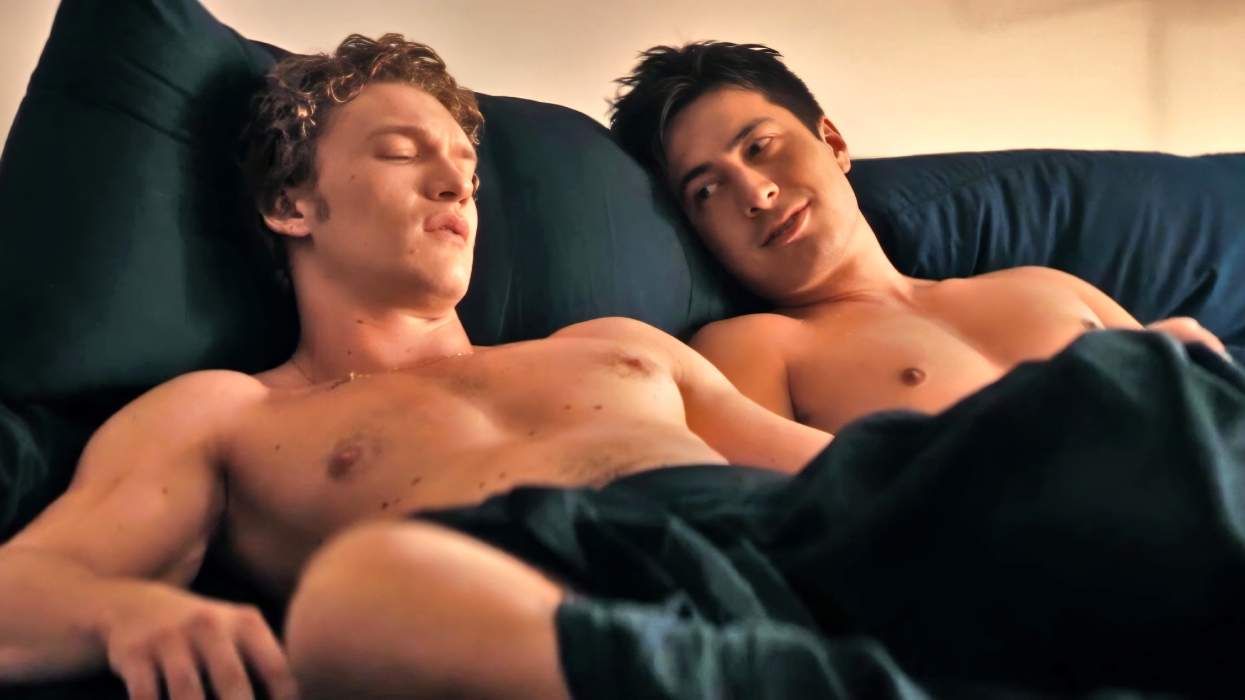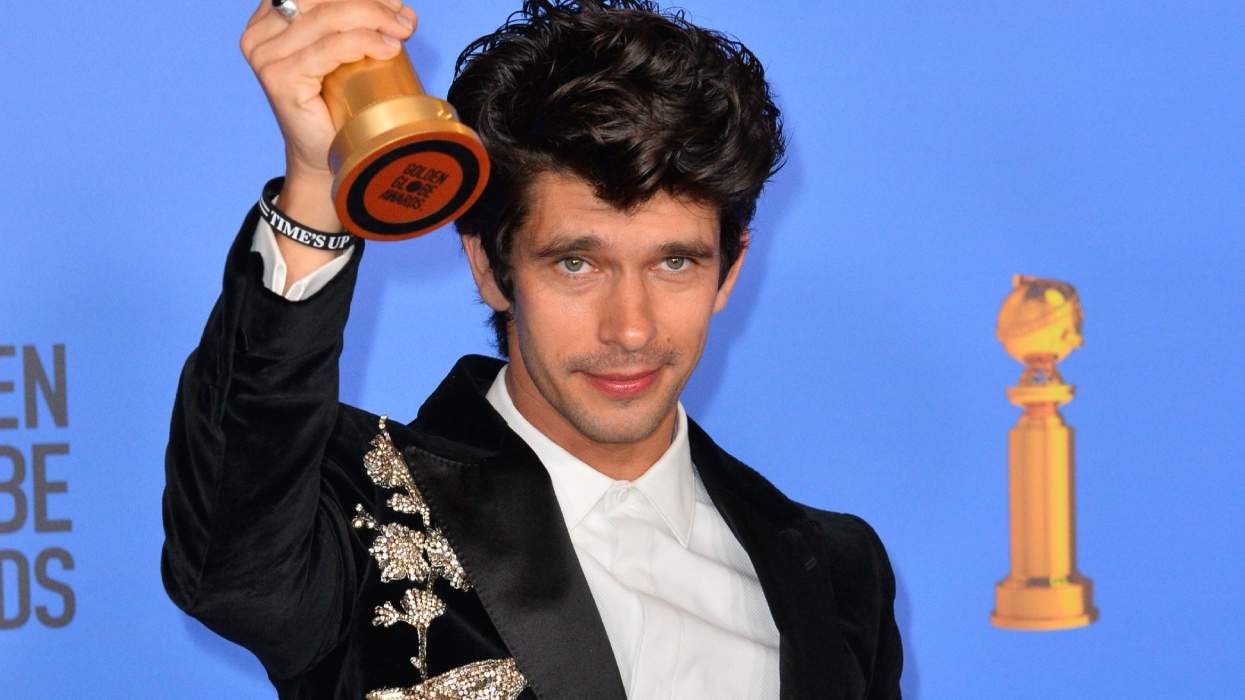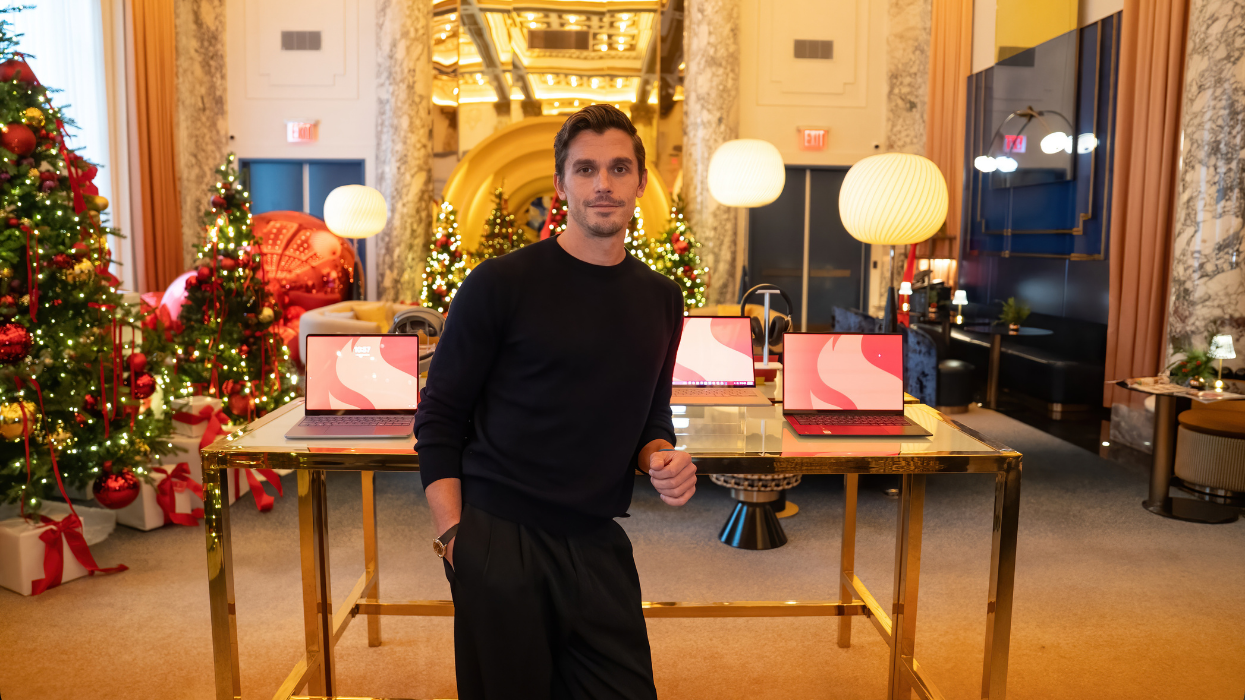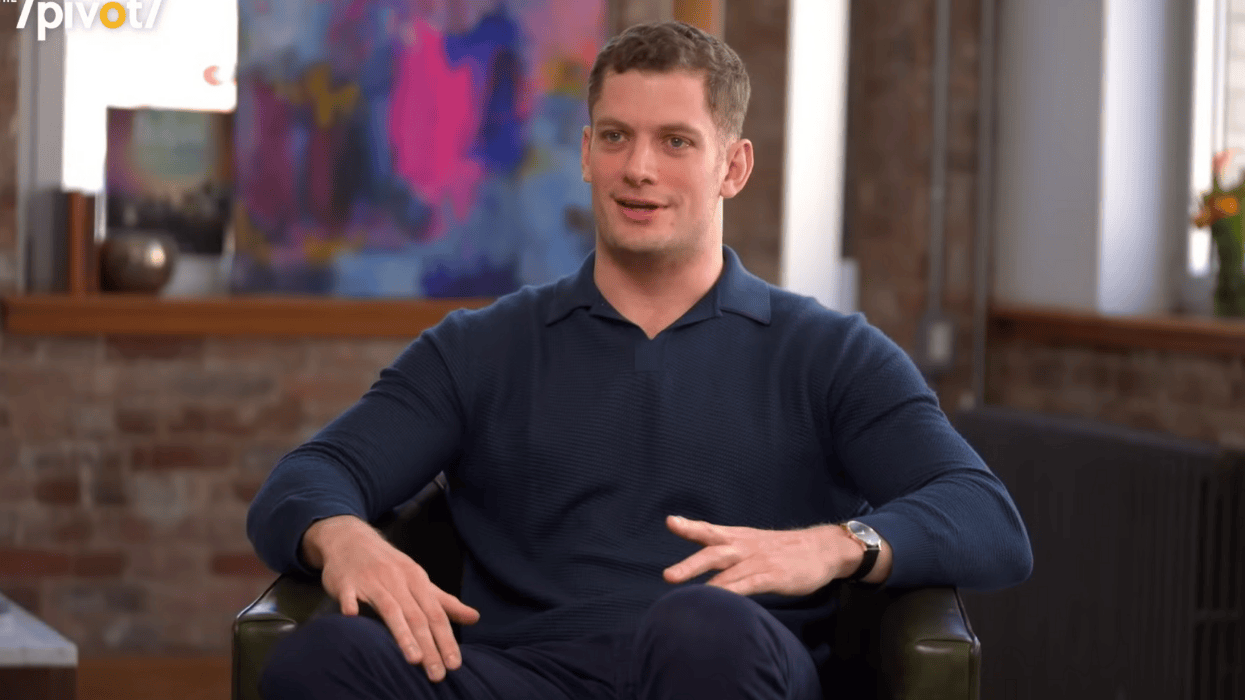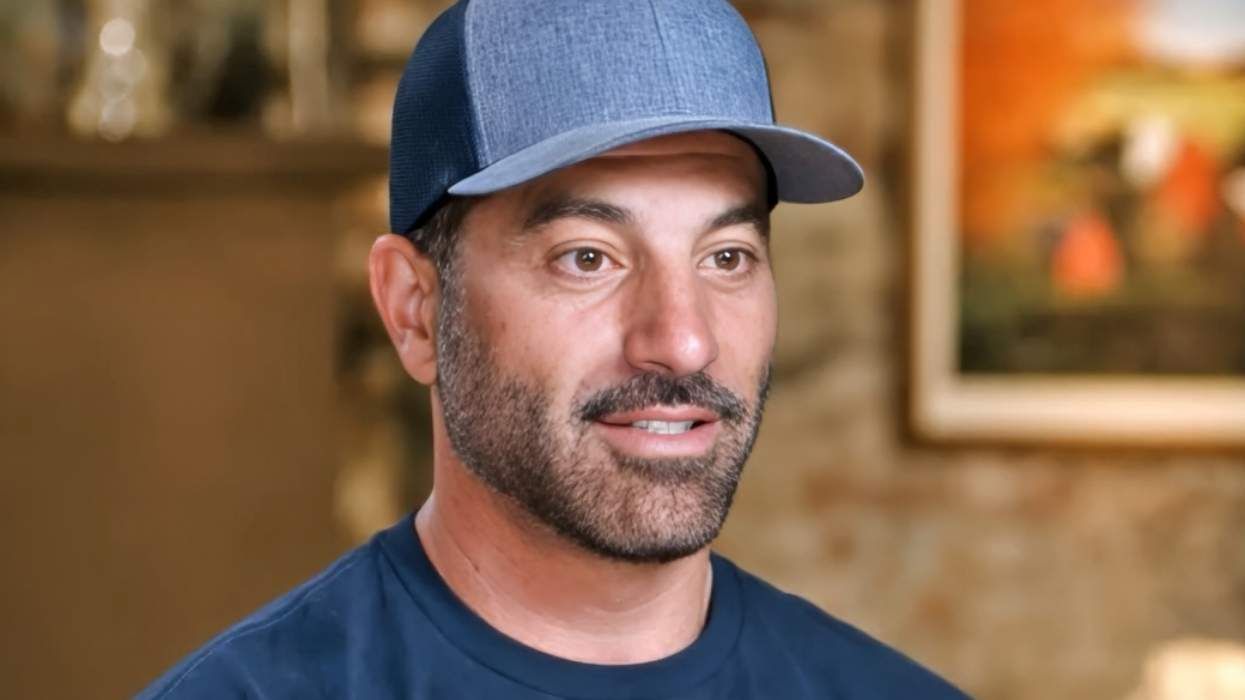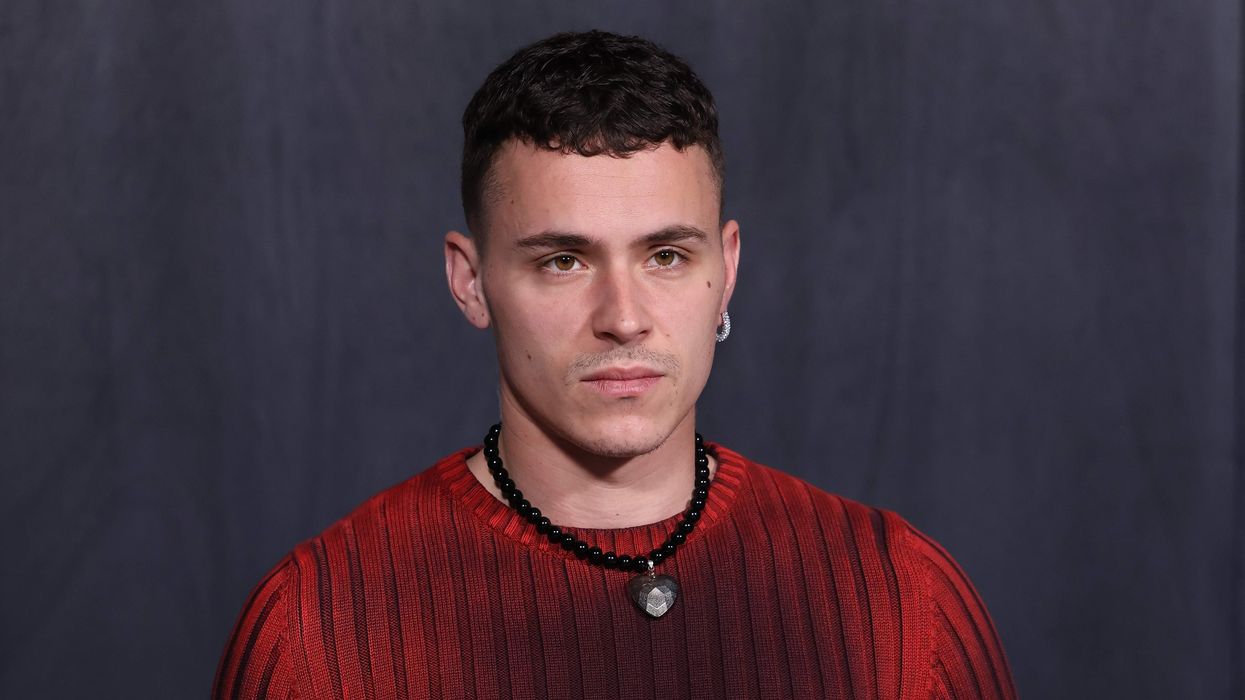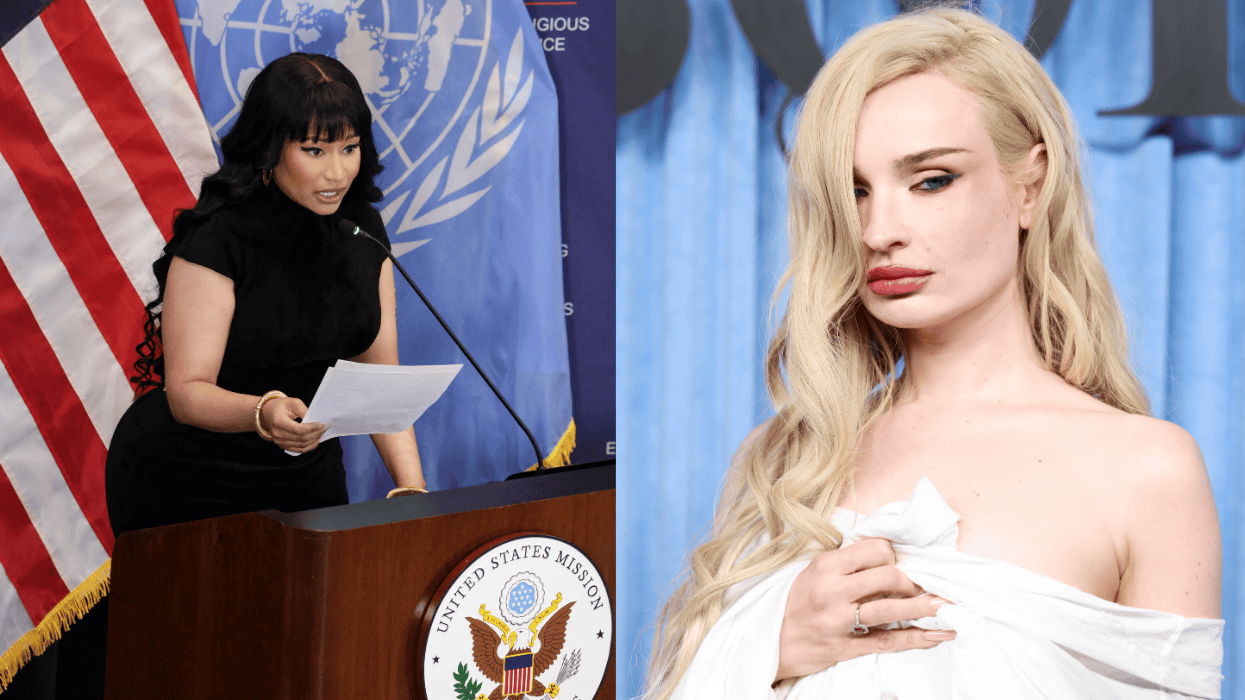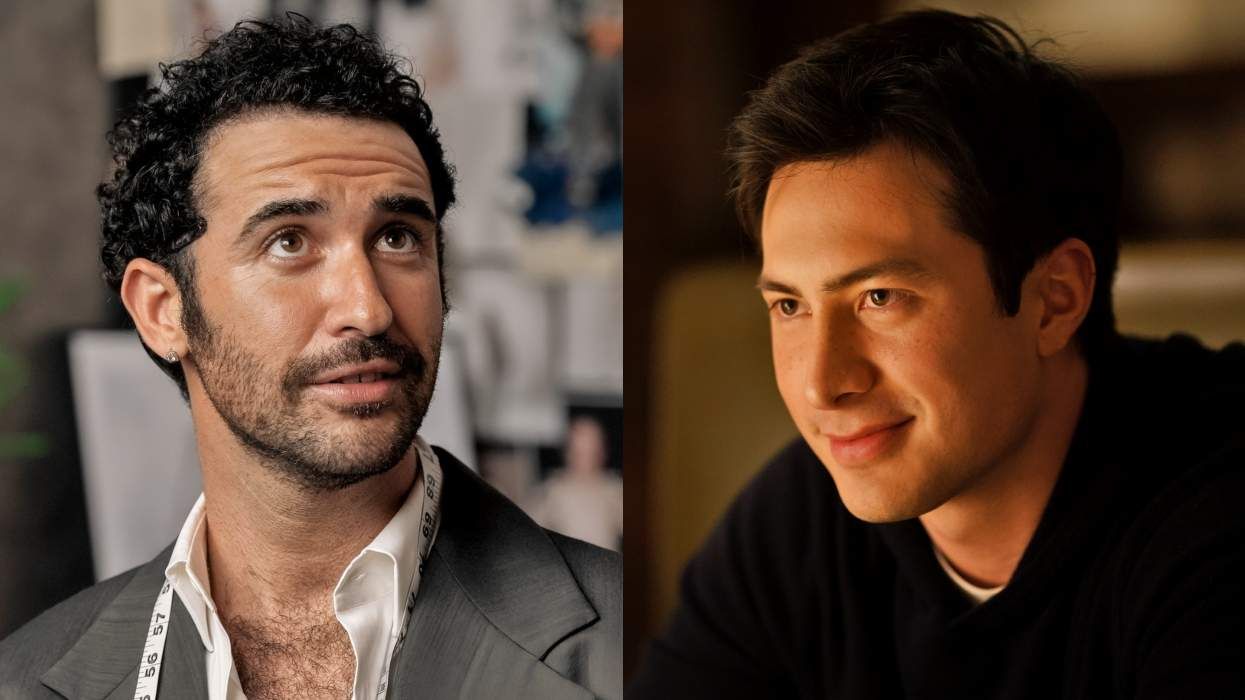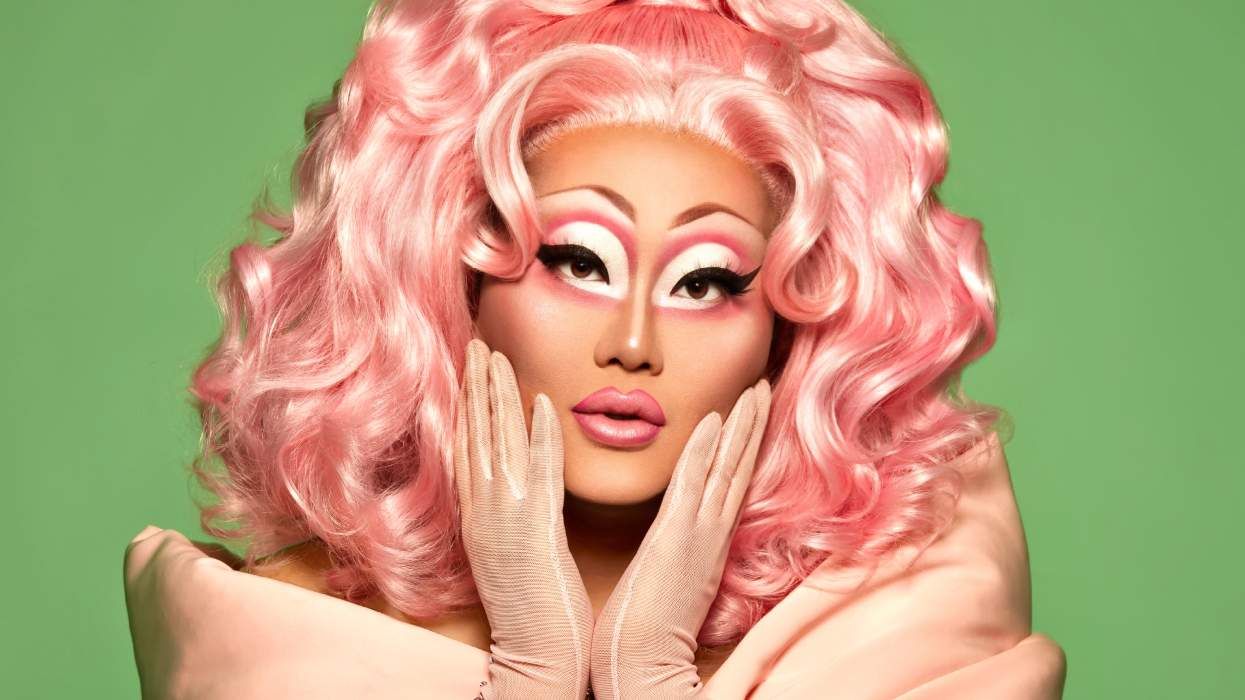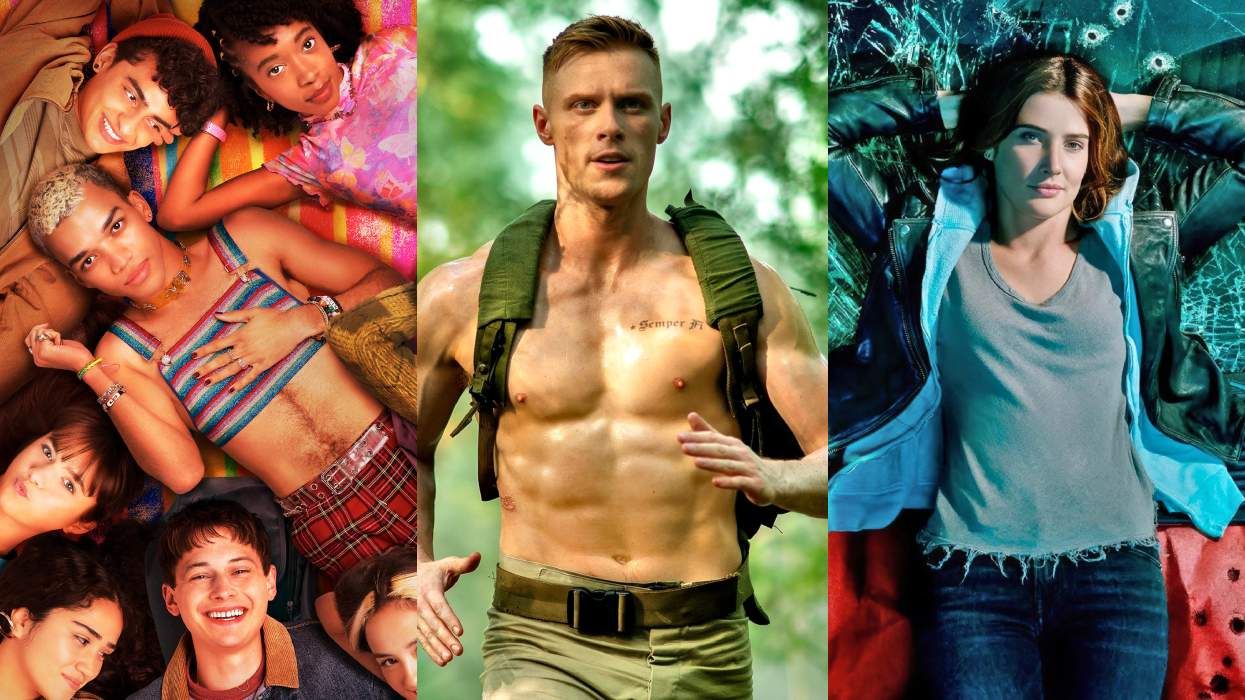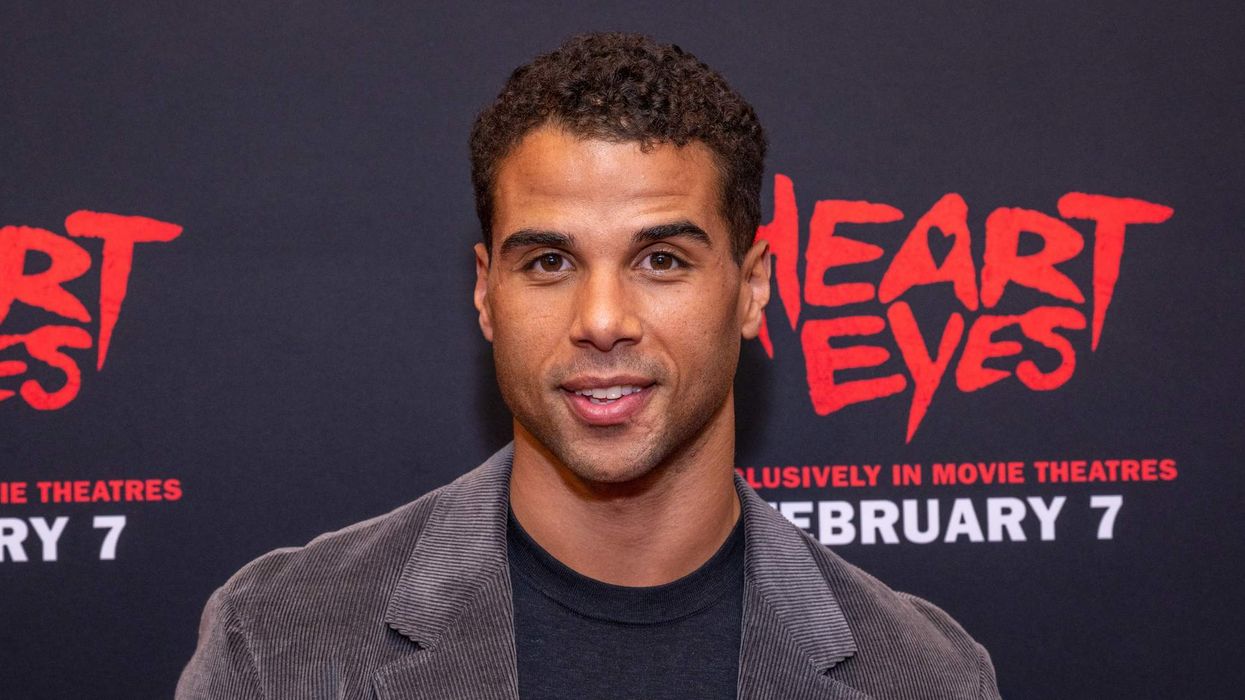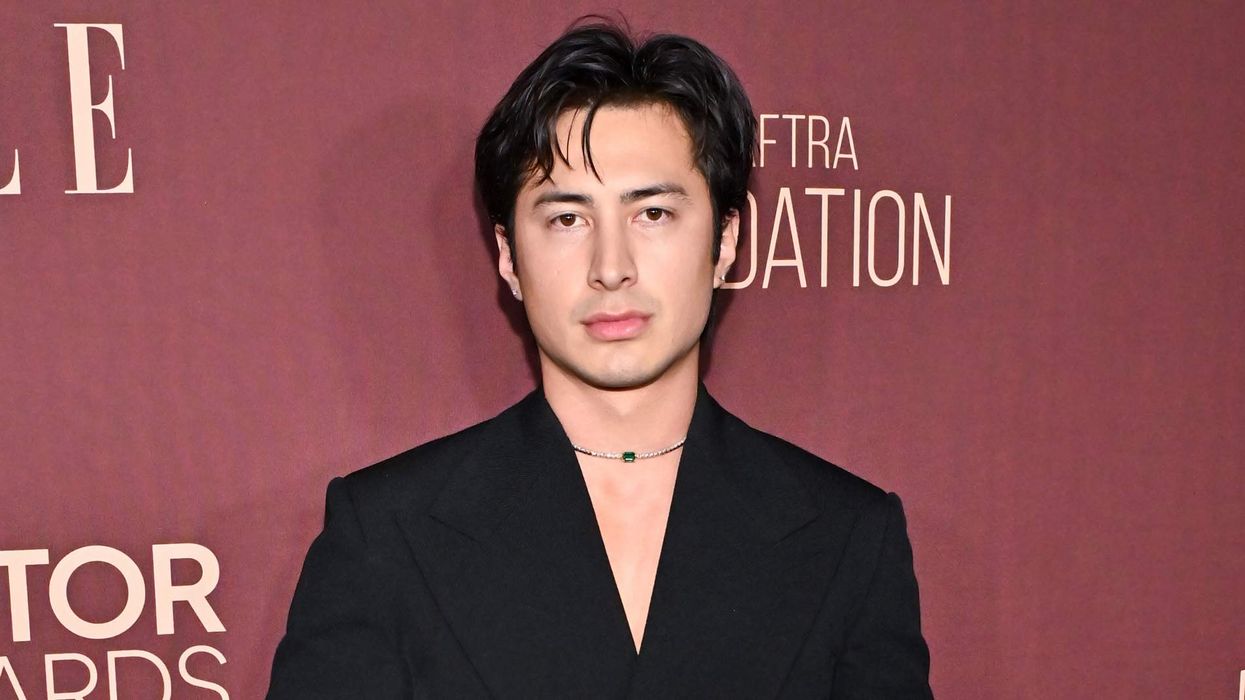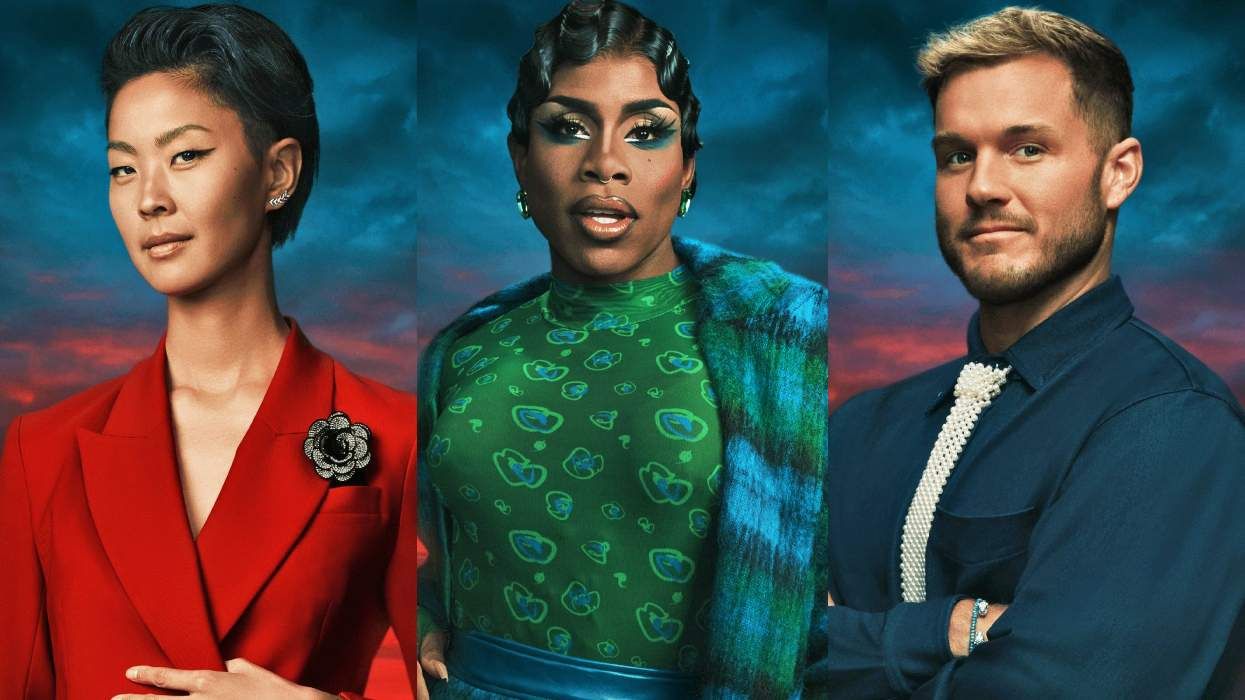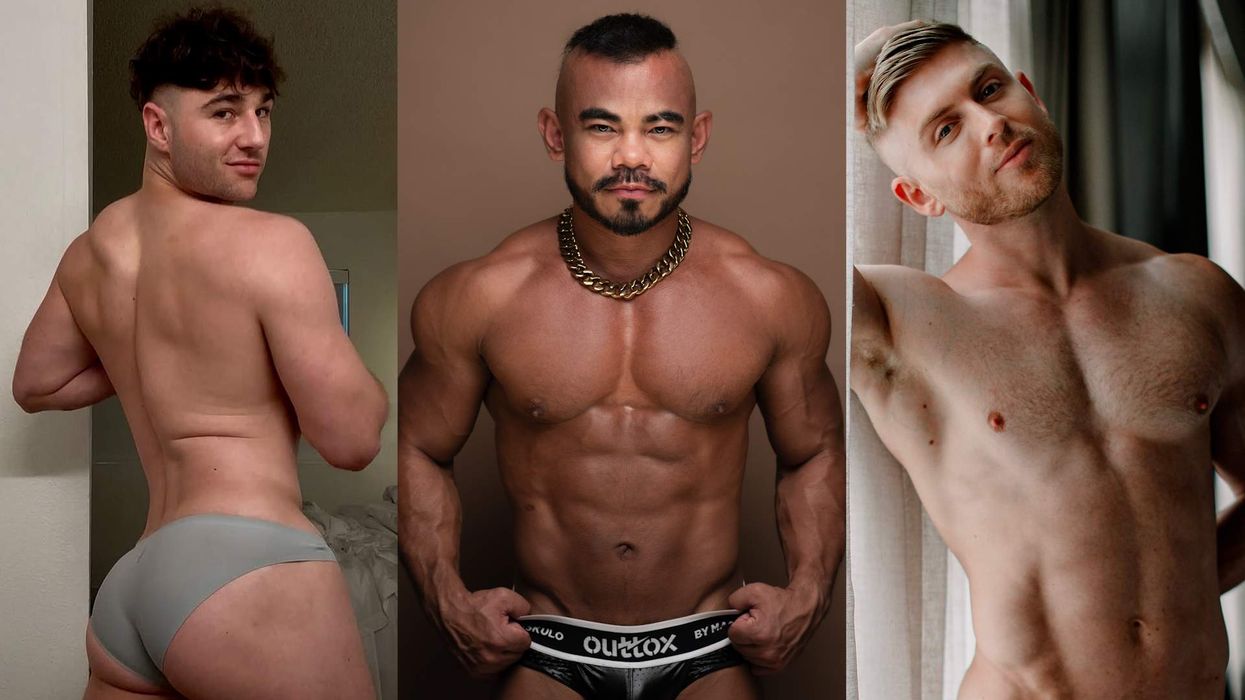New York City's LGBT Community Center hosted its annual Center Dinner in New York City Thursday night, raising more than $2.2 million dollars for its various programs and services enriching the lives of New York's queer community. The opulent affair at Cipriani Wall Street -- the kind of gayla you expect Poison Ivy and Mr. Freeze to crash -- hosted the city's power gays for an evening of wining, dining, and honoring influential queers like CNN anchor Don Lemon, who was awarded the Community Impact Award, and multi-hyphenate entertainment powerhouse Lena Waithe, who was honored with the Trailblazer Award.
"To everyone that calls The Center home, as you see me standing here before you, I see each and every one of you," the Emmy winner said in her acceptance speech. "I see your struggle, I see your pain, I see your trials but I also see the light and beauty that is you. I see that being yourself is an option. It is ok for you to be you no matter who thinks otherwise."
Moments after accepting her award, Out found Waithe backstage to talk about the power of queer visibility, authenticity, and community spaces like the Center.
What does being a trailblazer mean to you?
I think it really means that you make your own path, and you define what that is for yourself. And sometimes, sort of by accident, you wind up leaving footprints for other people to follow. But I don't think anyone sets out to be a trailblazer. I think you do the work, and you put your head down and you look up one day and if you're lucky, you get a chance to make some things that people like or they enjoy, and so you make a way for other people to come and do the same thing.
What have been the moments in your career where you've stopped and realized the impact that you were having and that you had become a trailblazer?
Honestly, it's something I don't really, I guess, think about too much. Maybe I'm too busy working, my 50 million jobs, but I don't know. I think sometimes things I do or have done have gotten a reaction that I get a whiff of, whether it be the Met Gala moment, obviously the Emmy moment, or Vanity Fair. There are certain things that I think, "Oh, that's cool," or, "That's interesting," and then it takes on this whole other meaning, I think because I'm a woman of color, because I'm queer, because I'm an masculine presenting woman, and I think this is something that I'm something that, the mainstream hasn't seen before. I know that I exist in the queer community or I exist in a world I see other woman who look like me, who dress like me but I guess to the mainstream, they had never seen someone like me to be so comfortable in my own skin.
But then I also think that the joy not only that queer people get excited about me being these spaces because again, like I said, they're right there with me. But also the joy that the straight community is very ... they really embraced me and they are like, "Oh, this is so amazing," or, "This is so great". And so it's sorta like I've become a little bit of the poster child a little bit, but I'll embrace it. I'll take it.
What kind of responsibility do you feel being a queer woman in the public eye?
I think it's a bit of what you'd call the Barack Obama system, where you have to be perfect, and I think that is also a form of discrimination as well, you know what I mean? I think that just because we're othered, or marginalized, doesn't mean that we should always have to do the right thing. I think that we should have the privilege of failing and fucking up, and lesson up, and then get a chance to come back again. Not that I'm aiming to do that, but it'd be nice. I like what Chris Rock said that, "Once black people have the privilege to fail than we have truly overcome," and I'm all for doing it.
Were there spaces like the Center, that were formative for you growing up?
Honestly, not particularly. But I do think I'm of the last generation where that's the case. I'm an '80s kid, and I was at sort of the tail end of the time where it was still unspeakable, you couldn't really talk about it, unfortunately. But, look, I turned out okay. I could have said, "Yeah, no I don't see myself on television," but not until honestly that tail end season of The L Word, where they had Tasha come on, and I was damn near an adult at that point. I think that I didn't need to see myself to know who I was. But, I'm grateful that I'm in the position to write characters that look like me, and so that others don't have to live in a world where they don't see themselves, and so I'm just trying to right the wrong, but I'm so grateful the center does exist for young people who are trying to figure out who they are, or are struggling with addictions or don't have a place to call home, and all those things. I think it's really important that this exists now. It continues to exist for generations to come.
What is the power of queer community?
I think the queer community coming together is a powerful thing, I think community is really where the power lies, whether it be Black people, queer people. I'm a big believer in using the word queer, and so that way I'm not sort of segregating myself to a particular group. And it's sort of my way of unifying us as a community, because there's so many ways to identify, there's so many labels, there's so many just different ways of identifying yourself now, that I don't like the idea that we're one community, but segregated into different groups.
So, I think to me, that is the true power we kind of all realize. Yes, we all have different experiences, a trans person's experience is different from my experience, but we all know what it's like to be born a certain way, and hold that for awhile, and to figure out a way to communicate it. So, to me, you're all the same lineage, and I think that is where most of our power will come from, when we realize that, that we're really all fighting the same fight.
In your speech tonight, you spoke about legacies. What do you want your legacy to be?
I hope my legacy is that I was a truth teller, and no matter what that truth was, and that I made my people proud, not just my queer community, but the black community as well, and my family, and my friends, but also that I made myself proud. I think that's what I would want my legacy to be is that if I can stand by the work that I've done, and the things that I do, then there's really not much more that I can ask for.
Do you think that queerness is essentially about honesty?
Not always, because we've had queer icons die without being able to be honest about who they were while they were alive. I think queerness is an individual journey, not everybody expresses their queerness the same way, but I do think that however someone decides to express their queerness is valid, even if it means that they want to be private about that queerness, for whatever that reason might be. So, I just try to validate queerness, no matter what it looks like, and no matter what package it comes in.
What do you hope the future of queer people in media in roles like yours looks like?
I hope that we continue to be in positions of power, and continue to tell our own stories, and continue to hire people that look like us, and have experiences like we do. I think Pose is definitely one of those shows, Twenties will be one, is one. I think we just have to continue to not be afraid and to be visible. Not everybody can be visible for a lot of different reasons, but I think for those that can be, I think it's our job to show the world that it's okay, and that it's safe, that the water is warm.
A huge part of what the Center does is working with queer youth. If you could say anything to queer kids across around the world, what would it be?
I think that the future is a lot brighter than the generation before them, and that there are a lot more safe spaces for them, and that who they are is necessary, and their voices belong in our culture, and that really queer people, just like black people, are really the fabric of our society, and without us the society is missing something. So, I would just say to keep on living, to keep on being exactly who you are because the world needs you.
RELATED | Lena Waithe's Twenties Is Finally Coming To Television


